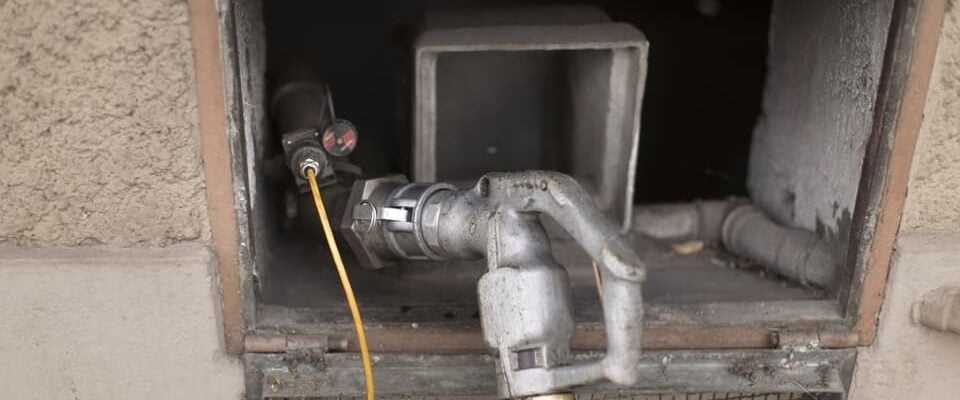contents
Energy from fossil fuels is becoming more expensive: good for the goal of the energy transition, bad for the less fortunate.
Suddenly inflation is back. After a decade without price increases, rates in the high single-digit percentage range are currently being measured in Europe and the USA. Prices are also rising noticeably in Switzerland. An important driver are fossil fuels such as oil and gas, which have become more expensive. From the point of view of climate protection, this is actually a good development. Inflation hits low incomes harder than high ones.
What will be more expensive?
“Inflation is not the same as inflation,” emphasizes Martin Eichler, chief economist at the economic research institute BAK Economics. “It depends very much on which goods are more expensive. This leads to behavior changes. This is definitely a desired effect when we think about the development of the decarbonization of the economy.”
At $60 a barrel, oil consumption remains very high. And there are still oil reserves. If you burn everything, the climate catastrophe is certain.”
If fossil fuels become more expensive, that would actually be a good thing, says Roger Nordmann, National Councilor for the Vaud, who is committed to expanding renewables in Switzerland. At the same time, however, he puts it into perspective: “It is certainly more attractive to invest in an electric car when the prices for petrol and gas are slightly higher. But that will not be the solution to the ecological problem. At $60 a barrel, oil consumption remains very high. And there are still some reserves. If you burn everything, the climate catastrophe is certain.”
Tenants are disadvantaged
In addition, higher energy prices are hitting people with lower incomes the hardest. Martin Eichler from BAK Economics states: “You can clearly see that poorer households spend a significantly larger share on housing including energy – meaning the ancillary living costs.” In addition, poorer households usually do not have the opportunity to switch to cheaper renewable energies. Often there is not enough money to buy an electric car. And as a tenant, you have no influence on the choice of heating.
You could intervene with targeted help such as heating cost subsidies for housing benefit if necessary.
Economist Eichler says how less well-off people can be protected: “You should certainly make adjustments to the new price level relatively quickly in social benefits. This is an aspect that often occurs with a great deal of delay. You could also intervene with targeted help such as heating cost subsidies for housing benefit if necessary. » However, at least in Switzerland, the effect of higher energy prices has so far been more or less compensated for by lower prices for other everyday products, emphasizes Eichler.
Legend:
The fact that fossil energies are becoming more expensive hits the poorest in society in particular.
key stone
Investments are necessary
The social democratic energy politician Nordmann warns: “The simplest demagogic answer would be: subsidize oil and gas. But that would be completely absurd. It would take forever and it wouldn’t get to the root of the problem. The only solution is to invest.” This refers to investments in technologies that do not require oil and gas.
Landlords, for example, should be supported if they install environmentally friendly heating, but they should not increase the rents, according to Roger Nordmann’s demand. Meanwhile, bourgeois politicians are relying on higher taxes to guide behavior. The question of whether investment aid or incentive taxes are better and what affects lower incomes more will continue to concern Switzerland, especially when it comes to the new CO2 law.
